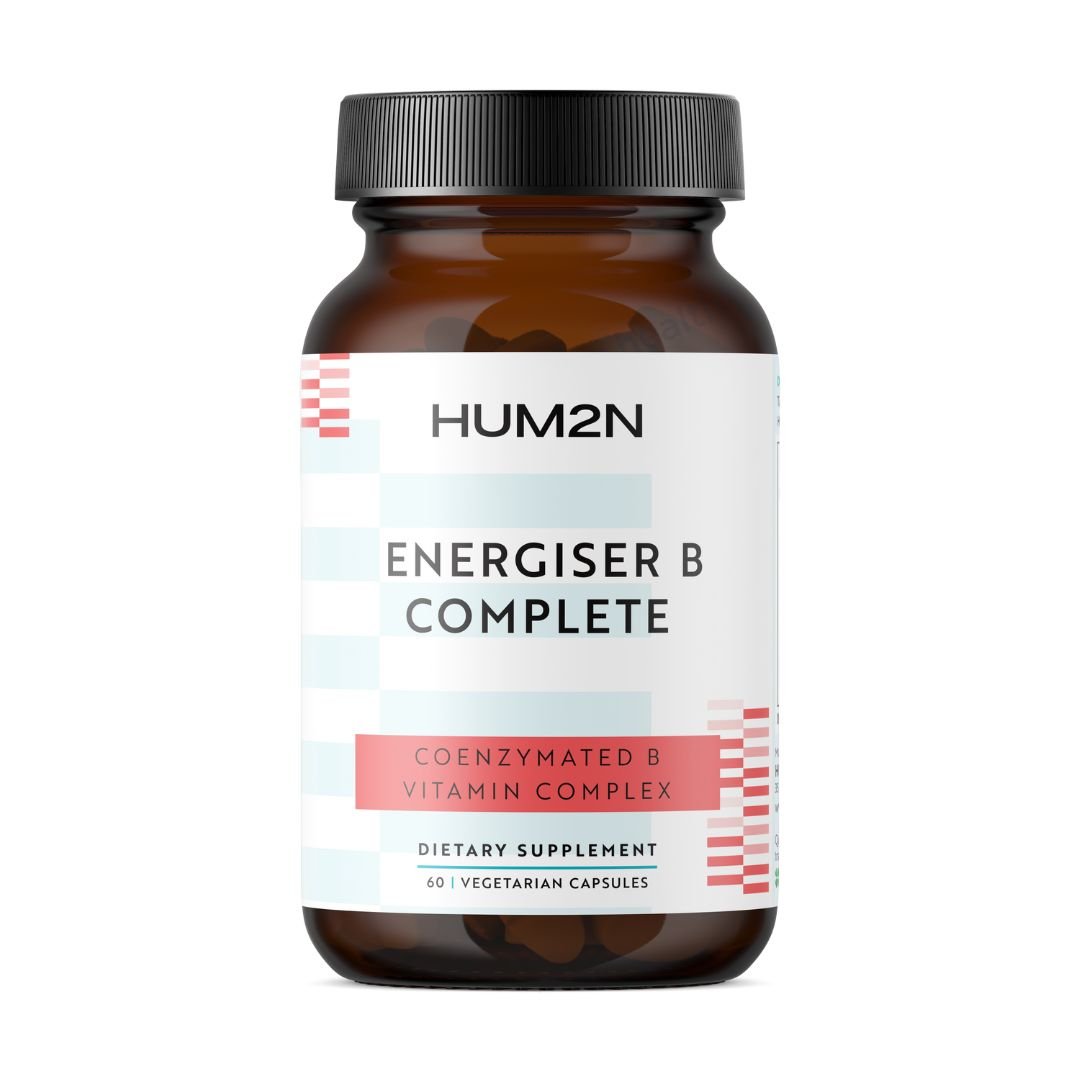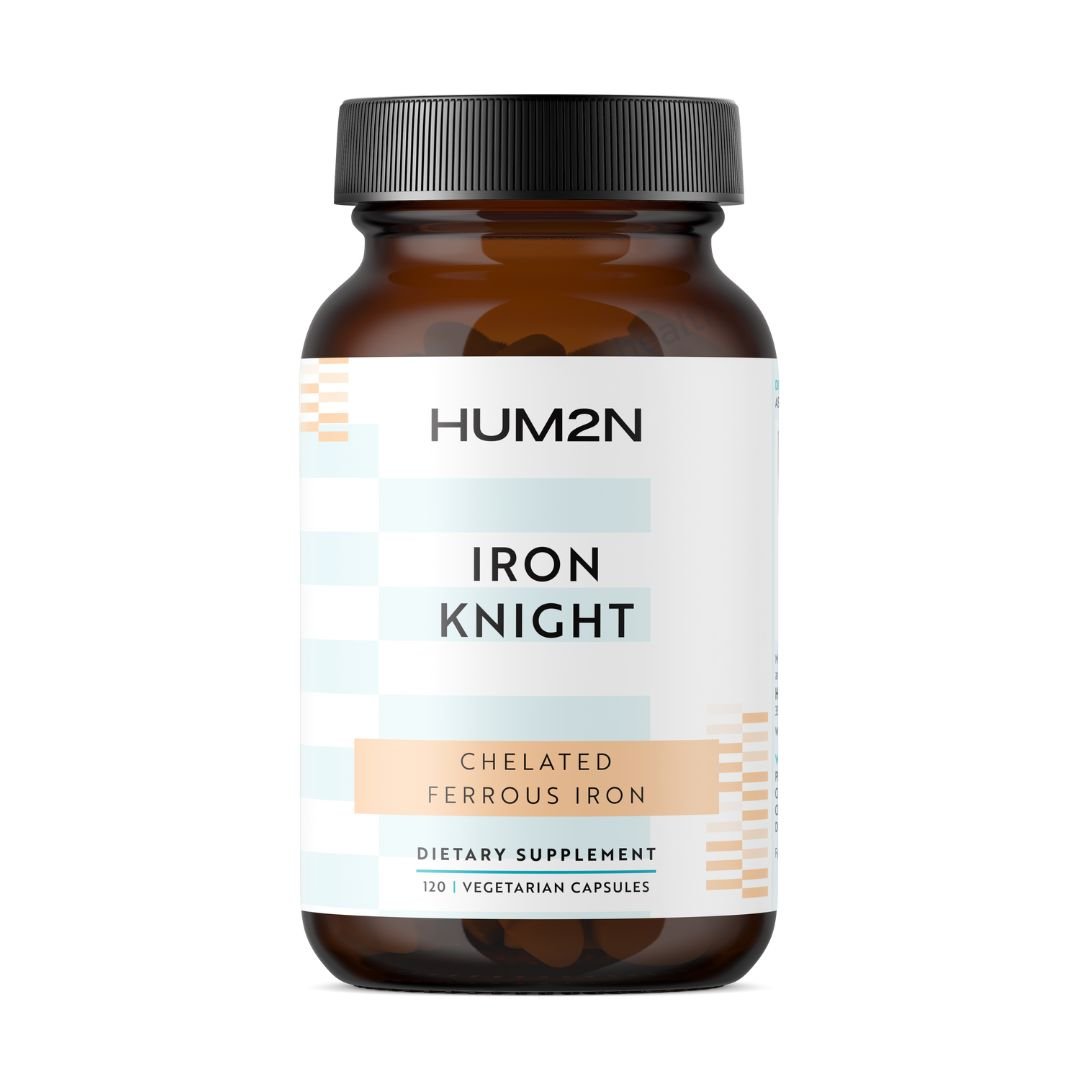There’s a lot of information swirling around about how to best protect yourself from COVID-19, but what you may not know is that there is evidence linking the symptoms of long-term COVID-19 to low glutathione levels.
As glutathione is the body's main antioxidant, low levels can leave you vulnerable to health problems. So, if you're worried about COVID-19, it's important to also focus on maintaining healthy glutathione levels. In fact, when it comes to Long Covid your glutathione levels have a direct relationship with how susceptible you are.

What Is Glutathione?
Glutathione is a powerful antioxidant produced by the liver but also found in plants, animals and fungi. It can prevent damage to important cellular components caused by reactive oxygen species such as free radicals or peroxides.
“Glutathione is the most critical and integral part of your detoxification system. All the toxins stick onto glutathione, which then carries them into bile and the stool-and out of your body” (Dr Mark Hyman- internationally recognized best-selling author, speaker and wellness expert).
The importance of Glutathione can’t be understated. It is the most critical component to your detoxification system and helps clear out any toxins that are bonded onto it before they enter into other systems carrying them out in our waste.
Often referred to as the "master-antioxidant" or the "master-detoxifier", it is involved in helping us fight infections and disease, improves immunity, promotes healthy ageing and supports brain health.
Unfortunately, Glutathione levels often decline with age and lifestyle stressors including exposure to toxins, stress levels, sickness and poor diet. It’s useful to boost your glutathione levels if you want to ensure your body has the best possible chance of fighting off infection and disease, as well as detoxifying from any harmful compounds.
Glutathione and Long Covid
Long Covid is thought to be related to the release of cytokines which are released during an immune response, causing inflammation and exhaustion in Long-Covid patients. Glutathione levels have been shown to be lower in patients with Long-Covid, which could be the contributor to many of the symptoms associated with extended Covid symptoms such as fatigue, exhaustion and brain fog.
Glutathione is also a key element in neutralising the free radicals (oxidative stress) brought on by long covid and works to help reduce inflammation throughout the body. According to a recent study on “The Role of Glutathione in Protecting against the Severe Inflammatory Response Triggered by COVID-19” (1) glutathione levels in the body were directly linked to the severity of the inflammatory response in COVID-19 patients, with the most-severe responses among those with severely depleted levels irrespective of comorbidities (2,1).
As well as acting as a preventative measure, we now know that supplementation with glutathione can help patients infected with the virus and Glutathione has also shown some efficacy in the treatment of those who have a current COVID-19 infection(3). Although it's still early days for this treatment approach, oral and IV glutathione may be a novel way to block NF-κB. (Inhibition of NF-κB pathway has a potential therapeutic role in alleviating the severe form of COVID-19z) in patients with COVID -19 pneumonia (4). The presence of these treatments could help address "cytokine storm syndrome" as well respiratory distress caused by the virus infection itself and its effects on body defences.
Many lifestyle factors can impact the body’s glutathione levels. If you are experiencing any of the following conditions, it could be a sign that your glutathione levels are low:
Causes Of Low Glutathione Levels
- Chronic fatigue-glutathione is critical for energy production.
- Poor immune system function-fluctuating glutathione levels can make it harder to fight infections.
- Skin problems such as acne, eczema or rosacea- glutathione is a master antioxidant that helps protect skin cells from oxidative stress.
- Long term alcohol consumption/drug use - both of these deplete glutathione, which is necessary for detoxification and liver health.
- Long term exposure to toxins such as pesticides or heavy metals - glutathione is needed for detoxification.
- Long term stress - various factors like chronic stress can deplete your body's supply of glutathione.
- Long term illness - glutathione is needed for immune function, so if you are chronically ill it can deplete your body's glutathione stores.
- Age - with age, our glutathione levels naturally decline.
- Frequent colds and flu's - glutathione helps your immune system function, so if you frequently get sick this could indicate low levels.
- Joint pain - glutathione is involved in the maintenance of cartilage and joint health.
How To Increase Glutathione Levels
There are a few ways that you can boost your glutathione levels:
- Eat foods high in glutathione such as watermelon, avocado and garlic asparagus, potatoes, peppers, carrots, squash, melons and Whey protein ( check out our Nourisher Whey).
- Avoid toxins from cigarettes, alcohol and pollution.
- Get good sleep (aim for at least seven hours a night).
- Exercise regularly to help increase glutathione levels.
- Try supplementation or IV.
Increasing glutathione levels though supplementation can be difficult as glutathione is not absorbed well by the body. Taking an NAC supplement with it helps by increasing cellular levels of the amino acids that are needed for glutathione production.

Liposomal Glutathione is also a great option (liposomal glutathione has undergone a special process that encapsulates the glutathione molecule in a lipid, doing this protects the glutathione and dramatically improves absorption). However, the most effective way to increase serum glutathione levels is through IV therapy.
IV glutathione has a much higher bioavailability than oral or sublingual forms as it bypasses the stomach, meaning it boosts levels much more efficiently. It is also directly absorbed into the blood stream, so it can reach the cells that need it quickly. This makes IV glutathione a great choice for people with low glutathione levels.
If you are interested in trying IV glutathione, book your Skin Glow IV or SUPERNUTRIENT IV with high dose glutathione with our highly experienced medical team. We will be happy to answer any questions and make a personalised treatment plan for you that takes into account your unique health needs.







